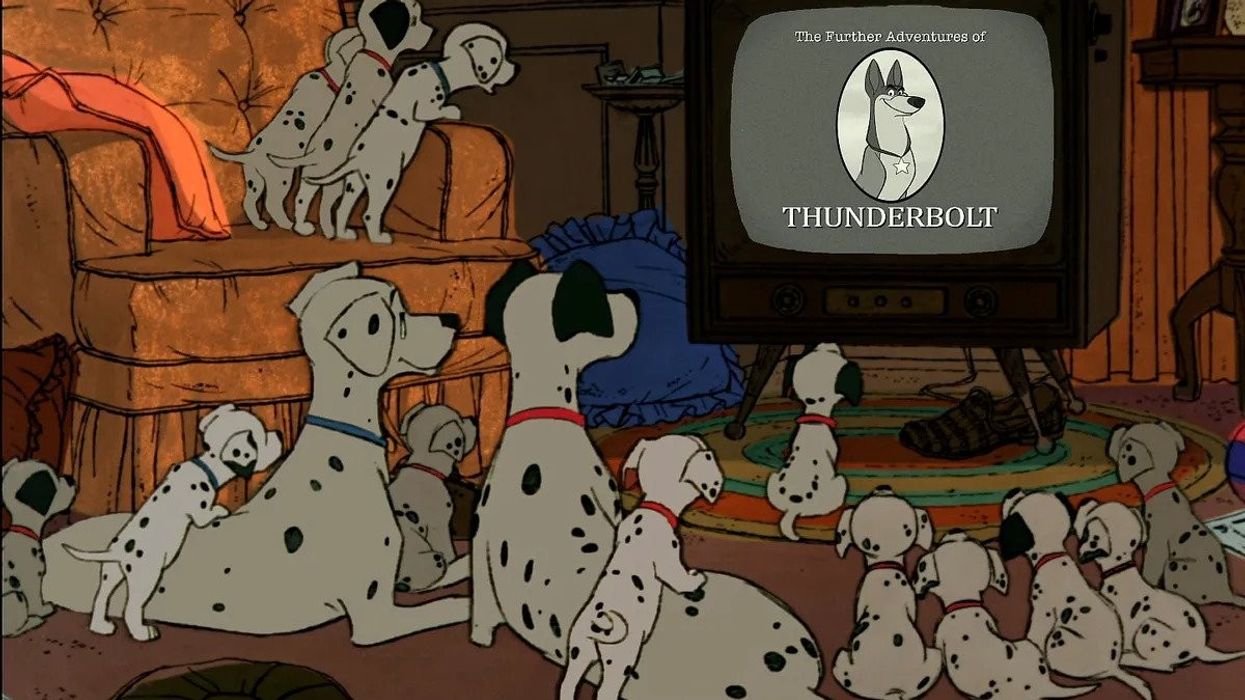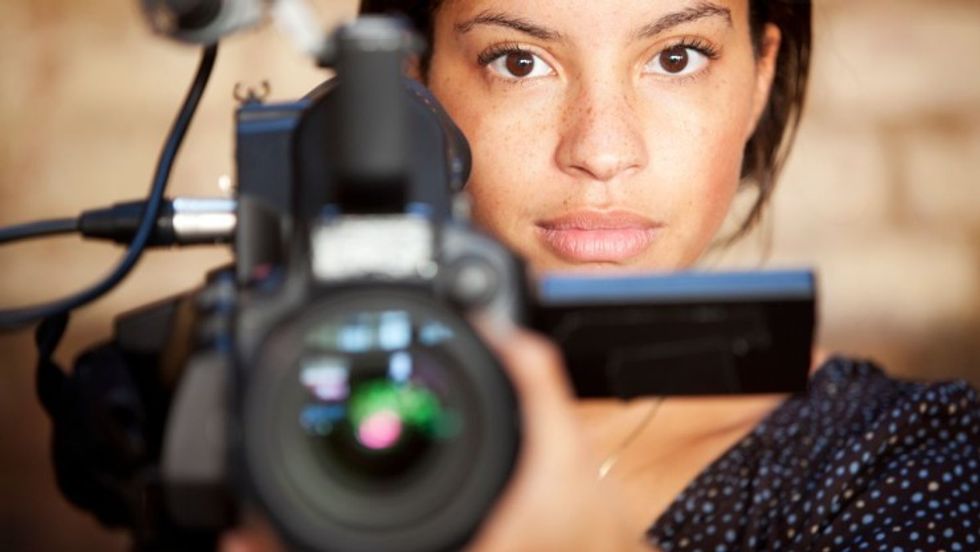What is Media Literacy?
And why is it so important in film and television?

It seems like every day I see an argument on social media about a film or TV show, and every day I see the argument is made in bad faith thanks to a basic lack of media literacy. If you want to talk competently about movies and TV shows, you need to learn media literacy, and you need to learn it today.
Today, I want to go over the term, provide the definition, and teach you how to make a cogent argument that doesn't make you look like an idiot.
I know this is a lot, but I truly think if you want to be a better filmmaker, you should learn this very basic idea. If for nothing else, it will allow you to understand what you're watching and will create a much bigger net you can cast while writing about or creating film and television.
So let's dive in.
Learning Media Literacy Is the Most Important Part of Film and TV Education
We're here because the general public has failed to develop the critical thinking skills necessary to discuss media.
This is damaging, mostly because people can be easily manipulated by false ideas or false readings of film and TV shows if they don't have the ways to work out the message themselves.
The Media Literacy Definition
Media literacy is the ability to decode media messages coupled with diagraming the influence of those messages on viewers' thoughts, feelings, and behaviors.
Being media literate allows you to create, reflect and take action. You can use the power of information and communication to make a difference in the world.
What are the "Five Questions" of Media Literacy?
The secret to being media literate is to ask the five questions after watching something:
- Who created this message?
- What creative techniques are used to attract my attention?
- How might different people understand this message differently?
- What lifestyles, values, and points of view are represented in, or omitted from, this message?
- Why is this message being sent?
Once you've asked the five questions, you can get to the root of what you're analyzing. It takes a few steps, but through it, you can completely diagram the message of a film or TV show. There are so many interviews and assessments available, that you can even usually hear straight from the source the intention of the message.
Why Is Media Literacy So Important?
As defined by The Core Principles of Media Literacy Education, "the purpose of media literacy education is to help individuals of all ages develop the habits of inquiry and skills of expression that they need to be critical thinkers, effective communicators, and active citizens in today’s world."
Aside from not sounding like a doofus in your next Twitter dustup, I think this will actually make you a better filmmaker. If you understand where your thoughts and ideas come from and have an intention behind them, you can communicate much better with the audience.
If we have a more literate public, we can progress in art and society. We can eliminate toxicity to push back on messages that might be intended to corrupt or coerce. We can also engage with one another in a way previously inaccessible.
The fact is, we're processing messages from a very young age. The average kindergartner sees about 70 media messages every day. By the time they are in high school, teens are spending more than one-third of their day using media. That means you're being inundated with ideas and representations that need to be critically analyzed.
With media literacy tools, you can examine patterns of media representation, and detect propaganda, censorship, and implicit bias in entertainment. You can also hold creators accountable at every level.
Media Literacy in Film and TV
Think about your favorite films and TV shows. Who made them? Do they have an agenda? Do they teach you certain aspects of culture?
We saw a rise in the need for this during the "fake news" era, where people were forced to analyze which stories came from where and why. But even before that, we saw movies selling us ideas. Like commercials, which use these tactics to get to us. Or "very special episodes" of TV, which use airtime to preach to us.
Think about a movie like Zero Dark Thirty, which shows a more effective use of the torture of terrorists than we know actually happened. All that takes is a little bit of an extrapolation of how torture is shown in the movie, and then some research on how effective it is actually in the real world. This movie was made with an agenda, to tell the more exciting version of the capture and killing of Osama bin Laden. It was made by people who wanted to highlight the role of the lead character, but who twisted some facts to make the movie version more compelling.
You can do this with less political movies as well. Like when people pick apart Disney princess movies to show the actual negative stereotypes of women they portray on screen, and how those stereotypes might subconsciously mold generations of women.
It's really important stuff, and things we should all know now as more and more communication becomes visual.
Summing Up Media Literacy
Hopefully, this post has put you on your journey toward media literacy. Take the ideas and pillars explained here and begin to apply them to what you watch in your everyday life. Diagram the lessons that can extrapolate your deeper understanding. Start with your favorite TV shows and films, and then work into new releases.
This should deepen your understanding of the world and allow you to make an argument that withstands basic probing.
I can't wait to see what you find out.
- Learn How To Analyze Movies With This Cheat Sheet ›
- Denis Villeneuve Sets the Record Straight on Paul Atreides as a Messiah in 'Dune 2' ›
- How J.Lo's Documentary Captures the Heart of Filmmaking ›



 "'Back Home"via Mercedes Arutro
"'Back Home"via Mercedes Arutro 'Back Home'via Mercedes Arutro
'Back Home'via Mercedes Arutro 









